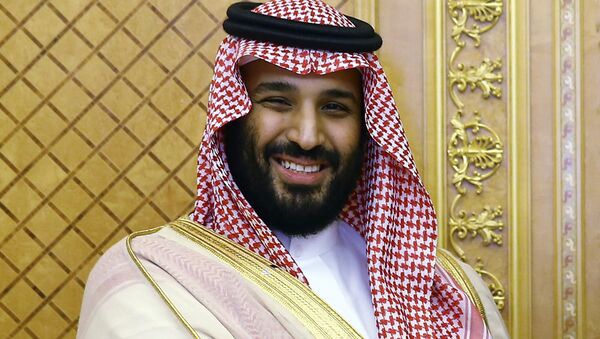Last week the Kingdom of Saudi Arabia made headlines after at least 11 Saudi princes, four incumbent ministers of the Saudi government and dozens of former government ministers were arrested in an apparent anti-corruption drive.
According to Washington Post, this move was carried out during "a time of unprecedented political, social and economic upheaval in Saudi Arabia” as the kingdom seeks to reform its economy and decrease its dependence on oil exports.
This development led some analysts to speculate that it was part of the crown prince’s plan to secure his power base.
"Knowledgeable observers of Saudi internal politics point to the many arrests of prominent clerics and intellectuals this summer as a sign of tensions inside the kingdom… The latest round of arrests only reinforces the sense that the succession debate is more difficult than the king and his son want," Bruce Riedel, director of the Intelligence Project at the Brookings Institution, wrote for Al-Monitor.
Others however considered this development a sign of actual reforms and a message to the country’s elite.
"Cynics are calling this a power play but it's actually a message to the people that an era of elite indulgence is coming to an end," Ali Shihabi, executive director of the Arabia Foundation think tank cited by WaPo, said, adding that this move “will have a wide resonance with the masses since elite indulgence has been a sore issue for decades."
Washington Post author Ishaan Tharoor also remarked that the crown prince is the architect of the kingdom’s foreign policy which is "sculpted around confronting Iran" and that it is impossible to see the sudden resignation of the Lebanese Prime Minister Rafic Hariri "outside the prism of the broader Saudi-Iranian rivalry."
Prime Minister Hariri announced his resignation on Saturday, November 4, claiming that the atmosphere in Lebanon resembles that before the assassination of his father, and lashing out against Iran and Hezbollah.
Shortly before his resignation Hariri apparently visited Saudi Arabia where he met with Crown Prince Mohammed bin Salman and other high-profile Saudi officials.





